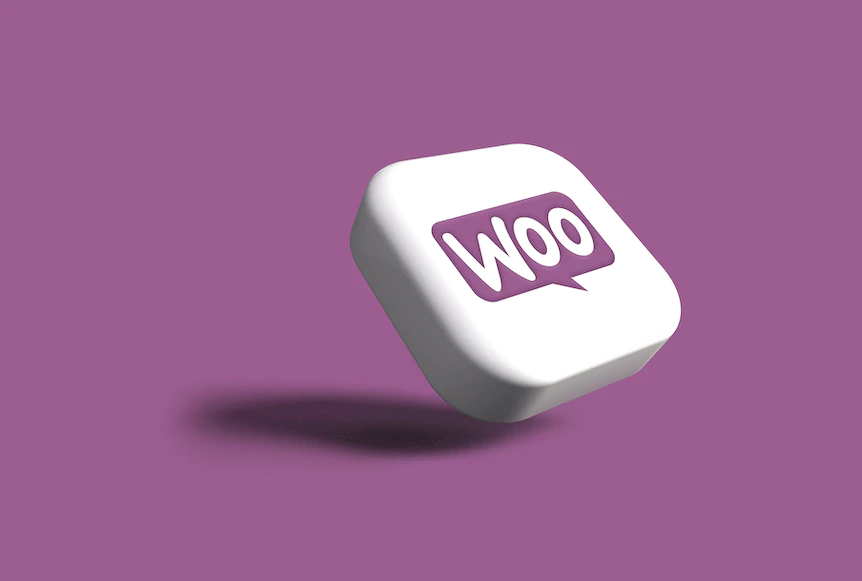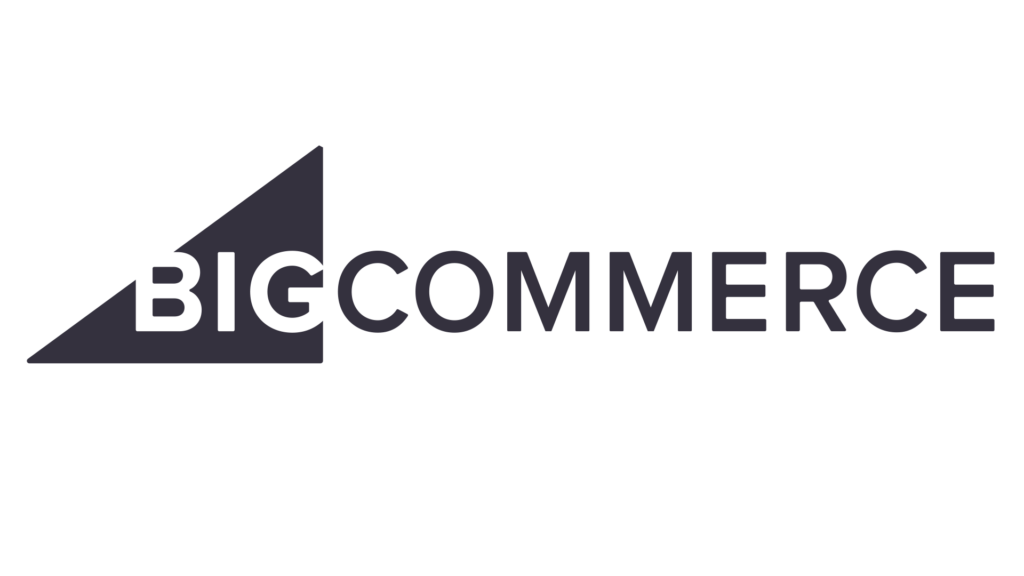Ecommerce platforms are the powerful tools that enable businesses, big and small, to establish an online presence. They play a pivotal role in enabling entrepreneurs showcase products or services and facilitate transactions with consumers worldwide. Thanks to this digital era, starting an online business has become more accessible than ever. Despite having tons of options to work with, choosing the right ecommerce platform can be challenging. Let’s explore the pros and cons of different ecommerce platforms, this will help you make an informed choice for your business.
WooCommerce:
WooCommerce is an open-source ecommerce plugin built for WordPress. As a person who uses it, I have a great deal of reasons to like it. WooCommerce is a fantastic choice for startups and small businesses looking for flexibility and cost-effectiveness. It integrates seamlessly with WordPress, and it allows you to leverage the powerful content management system. Let’s not forget to mention it has an extensive library of themes and plugins.

Pros:
- Cost-Effective: WooCommerce is free to use, making it an excellent option for budget-conscious entrepreneurs and start-ups as compared to other ecommerce platforms.
- Customizability: You can easily customize your online store to align with your brand. This is thanks to thousands of themes and plugins available.
- Strong Community Support: Being part of the WordPress ecosystem, WooCommerce enjoys a vast community, ensuring plenty of resources and help when needed.
- SEO-Friendly: WooCommerce can boost your store’s visibility in search engine results by leveraging the SEO capabilities of WordPress.
Cons:
- Technical Knowledge Required: To make the most of WooCommerce, you’ll certainly need some technical know-how of WordPress and its plugins. This is somehow a challenge for non-tech-savvy individuals.
- Hosting and Security: As a self-hosted platform, you’re responsible for managing hosting and security, which can be overwhelming if you’re not familiar with it.
Shopify:
Shopify has emerged as one of the most popular ecommerce platforms for its simplicity and ease of use. It’s an ideal choice for beginners and those who want an all-in-one solution without worrying about technical details.

Pros:
- User-Friendly: Shopify’s intuitive interface allows you to set up and manage your online store with ease, even if you have limited technical expertise.
- Hosting Included: As a fully hosted platform, Shopify takes care of hosting, security, and maintenance, freeing you from these concerns.
- Extensive App Store: With a vast selection of apps and integrations, you can enhance your store’s functionality and add new features seamlessly.
- 24/7 Customer Support: Shopify offers round-the-clock customer support, ensuring you get assistance whenever you need it.
Cons:
- Transaction Fees: While Shopify provides its payment gateway, using third-party gateways may incur additional transaction fees, impacting your profits.
- Limited Customization: While Shopify’s themes are visually appealing, they offer less customization compared to other platforms, which may restrict design freedom for some businesses.
BigCommerce:
BigCommerce is a robust and scalable ecommerce platform. It is designed for businesses of all sizes, it is suitable for fast-growing startups and established enterprises alike.

Pros:
- Scalability: BigCommerce handles significant traffic and large inventories without compromising on performance. This is an amazing choice for expanding businesses.
- Feature-Rich: The platform comes with numerous built-in features and this reducing the need for extensive third-party plugins.
- Responsive Themes: BigCommerce offers mobile-responsive themes and this is definitely a plus in this mobile centric times. You can be confident that your customers will have a seamless shopping experience on various devices.
- Zero Transaction Fees: Unlike Shopify, BigCommerce does not impose additional transaction fees, allowing you to retain more of your earnings.
Cons:
- Cost: BigCommerce’s pricing plans might be relatively higher than other platforms, which could be a concern for startups with limited budgets.
- Learning Curve: The platform’s advanced features and settings might require a learning curve for entrepreneurs new to ecommerce.
Magento:
This powerful open-source ecommerce platform offers unparalleled customization and scalability. It’s suitable for large-scale businesses and those who require full control over their online store.

Pros:
- Open-Source Flexibility: Magento Community Edition is free and open-source. It is ideal for businesses with coding skills and a desire extensive customization.
- Scalability: Magento can handle large catalogs, high traffic, and complex ecommerce operations making it suitable for growing enterprises.
- Robust Feature Set: The platform comes with a comprehensive range of features, ensuring you have all the tools necessary for running a successful online store.
Cons:
- Technical Expertise Required: Building and managing a Magento store demand technical knowledge and experience, which might be overwhelming for startups without a skilled team.
- Hosting Costs: Magento’s self-hosted nature means you’ll need to invest in hosting, security, and regular updates, adding to your expenses.
Wix:
Wix is an intuitive website builder, all-in-one platform that allows users to build without coding or technical expertise.

Pros:
- User-Friendly Interface: Wix’s drag-and-drop website builder makes it easy for users to create their shops. Not to forget a wide range of templates available that could match your preferences.
- All-in-One Solution: This platform provides an integrated platform for website building, hosting, domain registration and ecommerce capabilities. This reduces the need to use multiple tools or platforms.
- App Market: The Wix App Market allows you to enhance your website’s functionality by integrating various apps and widgets. This supports features such as live chat, social media feeds, and marketing tools.
Cons:
- Limited Design Flexibility: Templates available on Wix are customizable but it is not that advanced. The level of design flexibility might not match that of platforms built for more advanced users or developers.
- SEO Limitations: Wix has basic SEO tools, it might not provide the same level of advanced SEO customization and optimization as some other platforms.
- Long-Term Costs: While this platforms’ initial plans may be budget-friendly, the costs add up, especially if you opt for premium features. The free version comes with ads and upgrading to other tiers comes at a cost.
- Limited Blogging Features: If you’re looking to have an extensive blogging platform, you might find the blogging capabilities here less advanced.
Each ecommerce platform has its unique strengths and weaknesses, catering to different business needs and skill levels. WooCommerce is an excellent choice for those who want affordability and customization, while Shopify is ideal for beginners seeking ease of use. BigCommerce offers scalability and a rich set of features, while Magento provides unmatched customization and control for advanced users. When choosing the right platform for your startup, consider factors like your budget, technical expertise, scalability requirements, and the level of control you desire over your online store.







